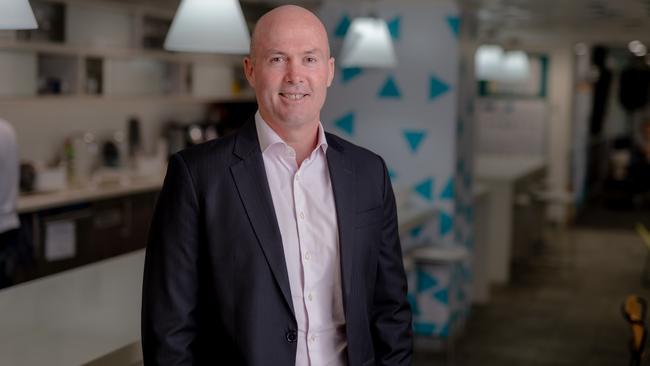Look to wider issues for neobank failures after Volt’s closure

In truth, Judo’s membership of the class of 2019 – when all four graduated from the prudential regulator’s licensing division – was always questionable.
Instead of a flashy app and a fully automated customer experience, Judo went with a hybrid model, becoming a technology-enabled challenger bank with a heavy emphasis on homespun relationship banking.
Who’d have thought that could possibly work?
Well, Judo still has a pulse and is now a company with a market value of $1.5bn – not far from the total amount of capital it raised from investors.
It would be easy to dismiss the wrenching experience of Volt, 86 400 and Xinja as the inevitable outcome of poor timing, with the easy-money environment tightening as the group pursued funding rounds to launch an array of deposit and lending products.
Volt’s founder Steve Weston says the feedback from venture capital firms was mostly positive.
The unfortunate rider was that Volt would have been much better placed if Weston had started the process last September instead of February, when Vladimir Putin decided war with Ukraine was a useful political strategy.
But neobanks are healthy consumers of capital, and that’s never going to change.
Judo co-founder Joseph Healy once said there were three “must-haves” for a new bank to succeed – continuing access to capital; a robust, economically viable and differentiated business model, and strong management with relevant experience.
A weakness in any one of the three would result in failure. As it turned out, Volt, Xinja and 86 400 faced challenges across the spectrum. Like big-tech companies, which were once start-ups themselves, they aggressively chased customers, which proved to be more expensive than first imagined. Those who did open accounts often conducted their main – more profitable – business elsewhere. In short, conversion of depositors lured by high interest rates into revenue-generating customers was problematic.
It was only a matter of time before funding markets turned against the capital-hungry neobanks, for whatever reason.
The fallout has been evident for a year or two.




Volt’s closure means a group of four ambitious start-ups promising to revolutionise traditional banking has dwindled to one, with Judo Bank the sole survivor of a brutal market reckoning.